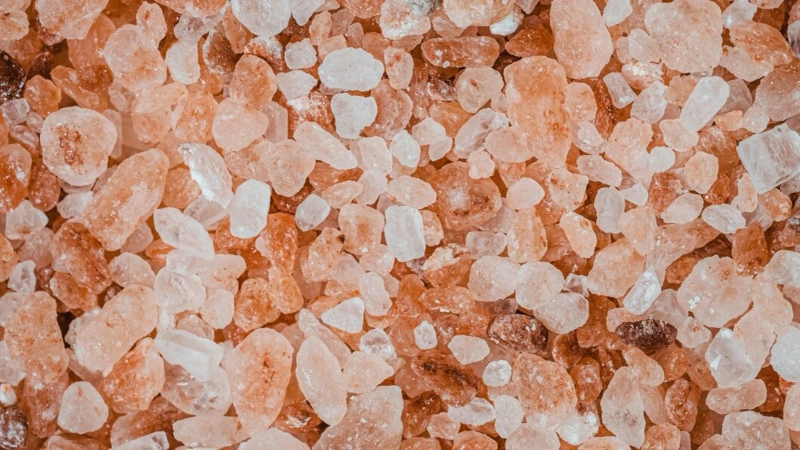Introduction:
Copper sulphate, also known as cupric sulphate or blue vitriol, is a chemical compound with the formula CuSO4. It is a versatile substance with a wide range of applications across various industries, including agriculture, medicine, and manufacturing. In this comprehensive guide, we will explore the properties, uses, and benefits of copper sulphate, shedding light on its significance and potential impact in different fields.
What is Copper Sulphate?
China Copper Sulphate manufacturers is a crystalline solid that appears as blue or blue-green in color. It is soluble in water and has been used for centuries for its various properties. Chemically, it is composed of copper, sulphur, and oxygen atoms, making it a copper salt of sulphuric acid. Its chemical structure and properties make it a valuable compound with diverse applications.
Properties of Copper Sulphate:
Copper sulphate exhibits several physical and chemical properties that contribute to its usefulness in different applications. It has a molecular weight of 159.609 g/mol and a density of 3.6 g/cm³. At room temperature, it is stable, but when heated, it decomposes to emit toxic fumes of sulphur oxides. Additionally, copper sulphate is hygroscopic, meaning it readily absorbs moisture from the air.
Uses of Copper Sulphate in Agriculture:
One of the primary applications of copper sulphate is in agriculture, where it is used as a fungicide and pesticide. It helps control various fungal diseases in crops, including downy mildew, leaf spots, and blights. Additionally, copper sulphate is employed in the formulation of Bordeaux mixture, a widely used fungicidal spray in organic farming. Its effectiveness in combating plant diseases makes it a valuable tool for farmers striving to protect their crops.
Industrial Applications of Copper Sulphate:
Apart from agriculture, copper sulphate finds numerous applications in various industries. In the manufacturing sector, it is used in the production of copper-based compounds, such as copper oxide and copper carbonate. These compounds are utilized in the manufacturing of pigments, ceramics, and glass. Moreover, copper sulphate serves as a catalyst in several chemical reactions, facilitating the synthesis of organic compounds.
Medical and Veterinary Uses:
Copper sulphate has been employed in traditional medicine for its antiseptic properties. It is used topically to treat wounds, burns, and skin infections. Additionally, it is incorporated into veterinary products to control parasites in livestock. However, its medical use is limited due to its toxicity at high concentrations. Therefore, caution must be exercised when using copper sulphate in medical or veterinary applications.
Environmental Impact and Safety Considerations:
While China Wholesale Zinc Oxide offers various benefits, its usage raises concerns about environmental pollution and human health risks. Excessive application of copper sulphate in agriculture can lead to soil and water contamination, affecting ecosystems and aquatic life. Furthermore, prolonged exposure to copper sulphate may cause skin irritation, respiratory problems, and gastrointestinal issues in humans. Therefore, proper handling, storage, and disposal practices are essential to minimize its adverse effects.
Conclusion:
In conclusion, copper sulphate is a multifaceted compound with diverse applications across agriculture, industry, and medicine. Its fungicidal and pesticidal properties make it indispensable in crop protection, while its role in manufacturing and catalysis underscores its significance in industrial processes. However, careful consideration must be given to its environmental impact and potential health hazards, necessitating responsible usage and regulatory oversight. By understanding the properties, uses, and risks associated with copper sulphate, we can harness its benefits while mitigating its drawbacks, ensuring a sustainable and safe approach to its utilization.


